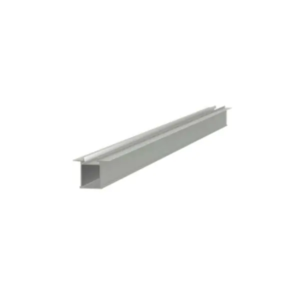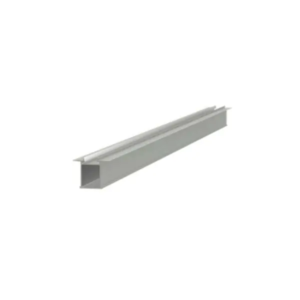Solar Cable
Solar cable is a specialized type of cable designed for use in solar photovoltaic (PV) systems. It is optimized for transmitting DC (direct current) power from solar panels to inverters or other system components. Solar cables are typically constructed with high-temperature insulation, UV resistance, and mechanical strength to withstand the harsh outdoor conditions where solar panels are installed.
Key features and characteristics of solar cable:
High-temperature insulation: Ensures safe and reliable operation in hot environments.
UV resistance: Protects against the harmful effects of sunlight and prevents degradation.
Mechanical strength: Durable and resistant to abrasion and physical damage.
Low resistance: Minimizes energy losses during transmission.
Flame-retardant: Helps prevent the spread of fire in case of a short circuit.
Weather-resistant: Suitable for outdoor use in various climates.
Available in different sizes and lengths: To meet the specific needs of various solar system installations.
Common types of solar cable:
TPE (thermoplastic elastomer) cable: Known for its flexibility, durability, and resistance to UV radiation.
XLPE (cross-linked polyethylene) cable: Offers excellent resistance to heat, moisture, and chemicals.
PVF (polyvinyl fluoride) cable: Provides superior resistance to harsh environmental conditions.
When selecting solar cable, it’s important to consider factors such as:
Solar panel output: Ensure the cable can handle the required current and voltage.
Cable length: The longer the cable, the greater the voltage drop, so choose an appropriate gauge.
Environmental conditions: Consider the climate and exposure to sunlight, moisture, and other elements.
Safety standards: Ensure the cable complies with relevant safety regulations and standards.






Reviews
There are no reviews yet.